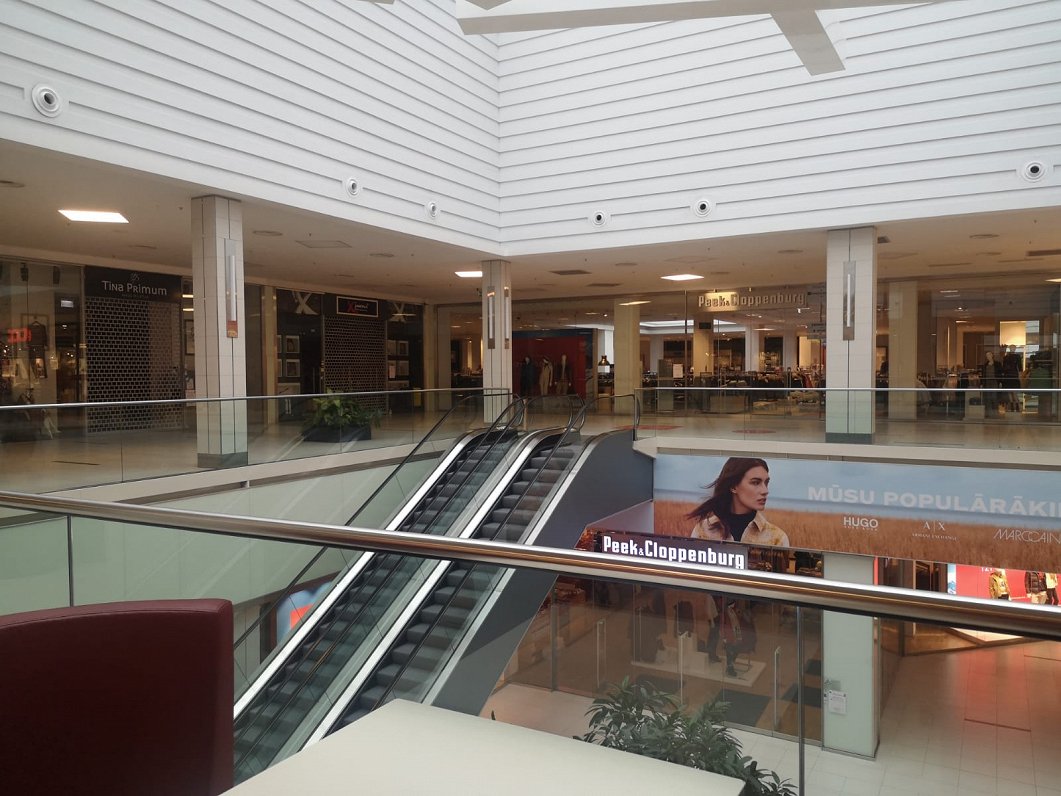Retail sales in Europe, although with some casualties, have so far managed to cope better than a number of other sectors during the pandemic. At the same time, it is quite bold to hope for great growth after the pandemic is over. More likely, retailers will have to compete for consumer money with the travel and entertainment industry. In addition, the economic situation currently prevents consumer wallets to become much thicker.
Experts point out that the time of the pandemic, in which, to limit the spread of Covid-19, we have all been forced to give up a lot of opportunities, has even been favorable to retailers in some ways. Many have been forced to focus more on cooking, home and garden development or active recreation in nature, which often requires new things to be purchased. Similarly, many shopkeepers were rapidly adapting to Internet sales, which allowed them to live better with restrictions on visiting shops.
At the same time, although a number of traders have grown their activity last year, there is also no shortage of those who have experienced a painful fall and are waiting for the moment when the epidemiological situation will stabilize and the assembly restrictions will be lifted.
Retail volumes, however, first depend on how much buyers are willing to spend. Unfortunately, the situation is not particularly pleasing at the moment, and the consumer confidence index of the European Commission has been below zero for a year, or in other words, most are Europeans looking at their economic situation more pessimistic than optimistic. The same is shown in the Latvian consumer index.
The situation is no longer as bad as last April, when the European Union's (EU) consumer confidence index slipped to -22 points and in Latvia to -25 points, equivalent to what consumer sentiment was during the previous financial crisis.
However, despite improvements, neither last year nor the beginning of this year has the index picked up at least to minus ten points.
The consumer confidence index is composed of a number of components. The financial situation expectations of a household over the next 12 months in the EU in February was -4.3 points. Latvian consumers, however, are among the optimists in Europe, and in January the household's financial situation was assessed as 2.1 points over the next year. However, although it was positive, it cannot compare with 7 points in February last year before the pandemic arrived in Latvia.
Similarly, Latvian residents have indicated that they do not plan big purchases over the next 12 months.
The value of this index component in Latvia in February is -31 points while in the EU as a whole it is -15.7 points.
The people of Latvia have become more optimistic their views on whether additional savings will be created over the next 12 months. If this component was -14.8 points in Latvia in January, it was only -1.5 points in February. On average, EU citizens are more optimistic on this issue and overall the capacity of EU citizens to save has been assessed at 6.8 points.
There is also a logical justification for all of this, as both the EU population as a whole and the Latvian population are very concerned about whether they will remain without work for the next 12 months. The EU's average unemployment component in the consumer confidence index is estimated at 48.5 points and in Latvia at 29.8 points. This is better than in April, when the stress on unemployment was the highest, but the rate is still very high.
Europe's retail confidence index doesn't show any optimism at the moment, either. The value of the index, following improvements in the summer, has again begun to slide downward, reflecting the impact of the restrictions imposed during the second wave of the pandemic.
The EU Retail Confidence Index was at -17.1 in February, in Latvia it was -19.4 points and at the lowest level since the first wave of the pandemic in the spring.
In the analysis of the individual components that form the index, we see that Latvian retailers have assessed their business situation worse in the past three months than their counterparts in the EU average. In Latvia in February, this index component is -35.7 points while the EU average is -22.2 points.
Future opportunities are also getting worse in the eyes of Latvian traders. In February, Latvia's traders' assessment of the future business situation reached -23.6 points and was lower only in April and May. In the EU as a whole, retailers have assessed their future situation in February by -14.7 points, and, unlike Latvia, although the assessment is negative, it has been gradually improving since November.
At the same time, traders in Latvia and the EU in general are counting on a small increase in sales prices. One can only guess how this will work with consumers' readiness to spend money.






























